This website uses cookies so that we can provide you with the best user experience possible. Cookie information is stored in your browser and performs functions such as recognising you when you return to our website and helping our team to understand which sections of the website you find most interesting and useful.
mindset
podcast
plant-based tips
meal prepping
meal planning
listen now
Plant-based inspiration and wisdom for your nutrition journey
Plant Centered &
Thriving Podcast
Tune in!
learn more
My motto? Take it step by step. Everyone’s on a different journey, and nutrition never looks exactly the same for any two people. To build sustainable, healthful eating habits, I believe in a personalised approach that gets to the root of your unique needs and goals.
Your Registered Dietitian Nutritionist & plant-based eating advocate
hey! I'm Ashley Kitchens
“When you start understanding the human body down to the cellular level, you are changing the conversation.”
As a 4th-generation physician, Bill Rawls, MD has dedicated his life to medicine. But when faced with a personal health crisis in his late forties with Lyme disease, everything changed.
In his quest to regain his health, Dr. Rawls was confronted with the limitations of conventional medicine and knew he had to find his own path to restore his personal wellness. For the past 15 years, he has extensively studied the science behind herbal therapies and new sustainable approaches for protecting health. In this post, Dr. Rawls shares the revelations that helped him, and thousands of others, reclaim their lives.
Dr. Rawls is a leading expert in integrative health and the medical director of Vital Plan, a holistic health and herbal supplement company in Raleigh, North Carolina. He is also the best-selling author of “Unlocking Lyme”, and his most recent book, “The Cellular Wellness Solution: Tap into Your Full Potential with the Science Backed Power of Herbs“. To say he is well-versed would be an understatement.
Experiencing Plant Power
When we start out on our journey called life, we never know what it’s going to bring and sometimes it brings us unexpected turns.
This was definitely true for Dr. Rawls. He knew medicine, it was in his family and so naturally he ended up going to medical school. But, he found even then that a lot of medications didn’t necessarily make people better. And to really take care of his patients, he started prioritizing their health above his own, disregarding sleep and other factors of his health.
After pushing himself hard for about 20 years, everything crashed and fell apart.
Apart from a few health issues, Dr. Rawls’ labs were relatively normal. He continued to search for answers. Even with “normal” labs, he was still feeling poorly. He took test after test and was eventually diagnosed with Lyme disease and fibromyalgia.
Lyme disease made sense to him as he experienced a lot of tick bites in his youth. But antibiotics didn’t really help him get better. It was only when he started focusing more on his diet and taking a step back from work did things start to take a turn for the better.
At this point, Dr. Rawls stumbled upon a herbal protocol for chronic Lyme disease. And these weren’t the types of herbs you find at just any supermarket. They were herbs you had to order or seek out.
Even though Dr. Rawls didn’t have high expectations, the herbs eventually worked and he started getting his life back. He explains that the antimicrobial properties of these special herbs were killing off the microbes that were causing Lyme disease.
This led Dr. Rawls along on a journey of studying microbes and their effect on chronic illness. And while the herbs fight against them, the herbs are also strengthening the body’s healthy cells. And, according to Dr. Rawls, that’s what health is all about. All living things are made of cells. And if you feel healthy, it’s because your cells are healthy.
Cells well – all’s well
When you start taking health, wellness, and understanding the human body down to the cellular level, you change the conversation.
According to Dr. Rawls, that’s one of the topics that is missing in our conventional medical system. We basically treat our body like it’s a car and we compartmentalize. We’ve got cardiologists, pulmonologists, and gastroenterologists. We treat individual parts.
When someone has a symptom, we address those symptoms or those manifestations of illness with drugs or surgical procedures which have value, as they can stabilize a bad situation or suppress illness. But, what it doesn’t do is address cellular stress, which is the root cause of all illnesses.
Essentially, we are artificially blocking symptoms, manifestations, or processes of illness, but we’re not addressing the underlying cause of the illness. We have a lot of different cells in the body and so many different processes. There are thousands of different illnesses and just as many drugs. As Dr. Rawls explains, when you take it down to the cellular level, it’s pretty easy because if you’re taking care of one cell in the body, you’re taking care of all the cells in the body.
And cells need good nutrition. They need a clean, contaminant-free environment. They need downtime for sleep, to recover from stress, good blood flow from exercise, and some protection against all kinds of invasive microbes.
So, if you’re doing that for any cells in the body, you’re doing it for everything. You can take care of your heart, brain, muscles, and your joints all at once. As you work on your cellular health, you start creating an environment of cellular health in your body and your cells start coordinating functions, your hormones normalize, and everything starts working again.
And the herbs are compounding that. Those herbs reference a complex chemistry call phytochemistry. As plants are made of cells too, they know how to protect their cells from free radicals, radiation, toxic substances, and every form of microbe.
When we take an herb, we’re basically taking the plant’s defense and regulatory system, which enhances anything that we’re doing. The plants promote healing, and drugs often just suppress symptoms. And healing is the ability of cells in the body to recover from stress, regenerate and repair internal damage.
All of this takes time and patience. But, obviously, drugs have their place in modern medicine. But, they are not always the only or long-term solution. This is why Dr. Rawls has made it his mission to bring the two opposing sides together.
Everyday herbology
Even though our plant-based foods do have complex chemistry that can be very good for us, the problem is that through cultivation, we’ve cultivated our plant-based foods to produce calories, not protective phytochemicals. We’re not getting that robust phytochemistry that you would find in a wild plant.
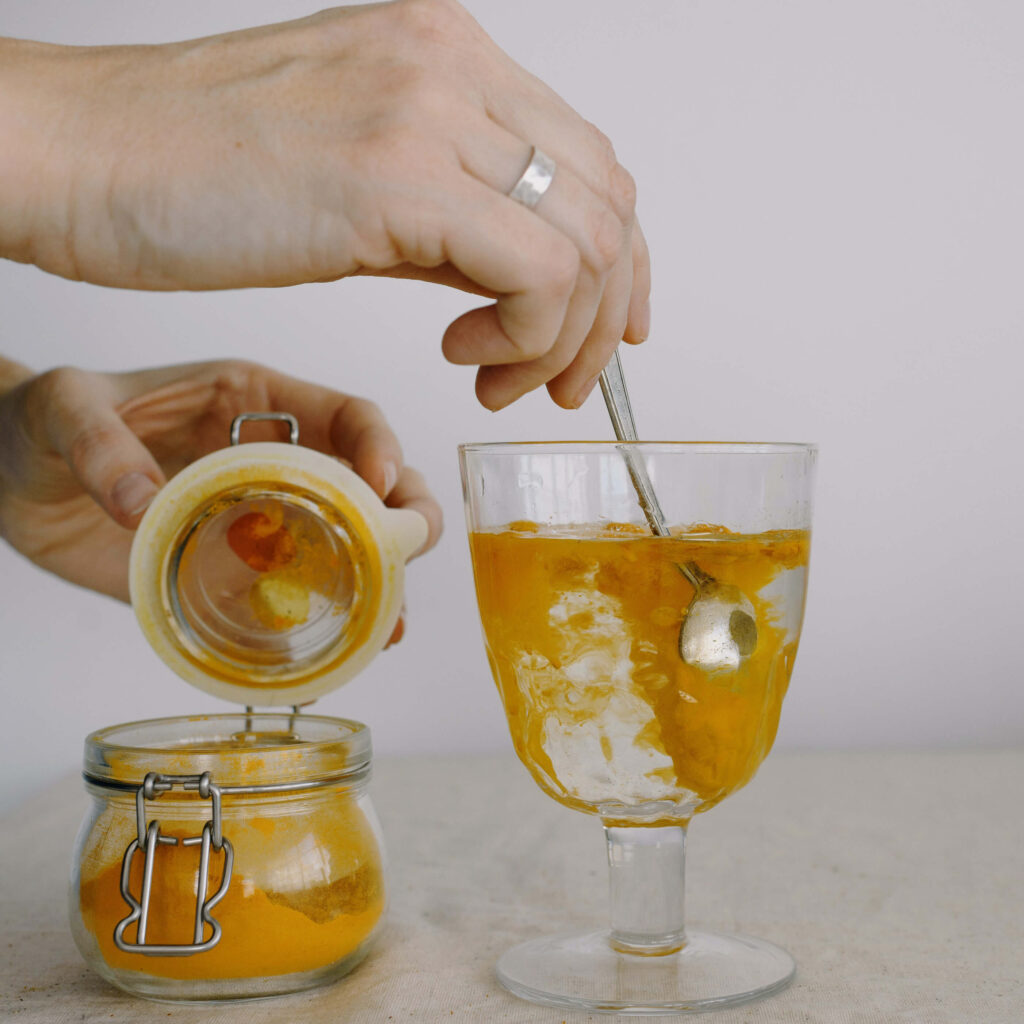
The good thing is that culinary herbs are still in their wild state. When you look at basil and oregano, all you’re getting is flavor. When you’re putting herbs in your food, you’re getting antimicrobial properties, antioxidants, and things that neutralize toxins.
But, it’s hard to get the amount you ideally want or need like what we would find in our ancient forage food diet. The biggest difference between culinary herbs and medicinal herbs, according to Dr. Rawls, is that medicinal herbs tend to be bitter and don’t have great flavor. Also, not all herbs are plants that we commonly define as herbs, as mushrooms also fall into that category.
Turmeric, for example, has great phytochemical qualities, but that is quite commonly known these days. It’s a wonderful anti-inflammatory ingredient. Milk thistle, for instance, is really important for protecting your liver because we’re all assaulted with toxic substances in our world now more than ever before.
Different herbs protect different groups of cells in the body, some better than others. Now, they are more important than ever. Because for thousands of years, we ate a forage food diet, that included roots, tubers, leaves and stems, and there were few calories in that, so we had to eat a lot of it. And these were wild plants, so they were getting tons and tons of phytochemistry.
Nowadays, our diet looks a little different, Dr. Rawls points out.
Herb or vitamin – what’s the difference?
For most people, it would be unrealistic to eat such a high quantity of wild herbs. So, according to Dr. Rawls, eating plenty of vegetables with an additional herbal supplement will do the trick.
A herbal tincture, which means essentially extracting the essence of the plant into a liquid or turning it into a capsule, can be a great source of phytonutrients. And a tincture is much more concentrated than any old leaf, so they have to be dosed correctly.
Dr. Rawls mentions that you shouldn’t confuse your herbal tincture with just any other multivitamin. A vitamin is a nutrient and nutrients are things that cells need to function.
All cells in the body need something to burn to make energy. Cells are constantly wearing out parts, turning over parts, and having to rebuild them. Therefore, we need a constant supply so the cell can just keep rebuilding itself and keep doing its job. This is why some nutrients are for energy and some are raw materials for whatever the cell does.
When you look at a multivitamin, especially if your body is under stress, like chronic illness, giving vitamins and minerals can be beneficial just to increase that supply. But typically, a lot of synthetic multivitamins can often be useless to our cells.
If you’re taking a multivitamin, it’s really important to take one that’s in the natural form so that the body can utilize it. Plus, if you’re dumping all those nutrients into your body all at once, the cells can’t fully use them that way. They can take up a little bit here and there, but it’s not like they can just suck up the nutrients and store them.
If you’re eating a “healthy” diet, you’re continually supplying your body with the nutrients that your cells need. A vitamin is okay, but there hasn’t been a whole lot of research demonstrating that they have that much value. And herbs only care about protecting cells from stress, which results in the nutrient demand going down. Therefore, herbs might actually help you maximize your nutrient absorption and usage.
All of this information can be found in Dr. Rawls’ latest book, “The Cellular Wellness Solution: Tap into Your Full Potential with the Science-Backed Power of Herbs”. And you can listen to the full episode from this post, where Dr. Rawls goes into much more detail on this topic.
As you can imagine, it’s a big book, but don’t be intimidated. It’s really four books in one. First, he talks about the cellular concept, then about understanding herbs and herbal phytochemistry. In the third part, he defines how we should be taking care of ourselves from an environment, diet, and lifestyle point of view. And finally, he targets those principles and how you can apply them to specific areas like the cardiovascular or gastrointestinal system.
Be sure to check out his books and the podcast episode and discover a whole new level of plant power.
Listen to the podcast episode
IF YOU LOVE US, TELL US
If you enjoyed this episode, go ahead and hit SUBSCRIBE. There is a new episode every Monday. Click here to subscribe on iTunes.And if you’re feeling generous, take a few seconds to leave The Plant Centered and Thriving Podcast a review on Apple Podcasts. Hearing what you think helps me to curate the best content possible that will benefit YOU. So all you do is click here to review, click “Ratings and Reviews” and “Write a Review.”
Relevant Links
If you want to connect with Dr. Rawls, visit the following:
- Instagram: @vitalplan
- YouTube: Vital Plan
- Website: VitalPlan.com
Author’s note: This post contains affiliate links.
more to explore
more to explore
Get weekly guidance to support your plant-based journey while strengthening your relationship with food, including weekly plant-based recipe ideas, tips, encouragement and so much more.
Join our newsletter
want blog updates?
explore
Founded by registered dietitian Ashley Kitchens, Plant Centered Nutrition shares approachable, evidence-based insights to inspire a balanced, plant-forward lifestyle. Ashley partners with brands, podcasts, and publications to show that healthy eating doesn’t have to be complicated—it just has to feel good and fit your life.
making plant-based eating easy, joyful, and realistic.
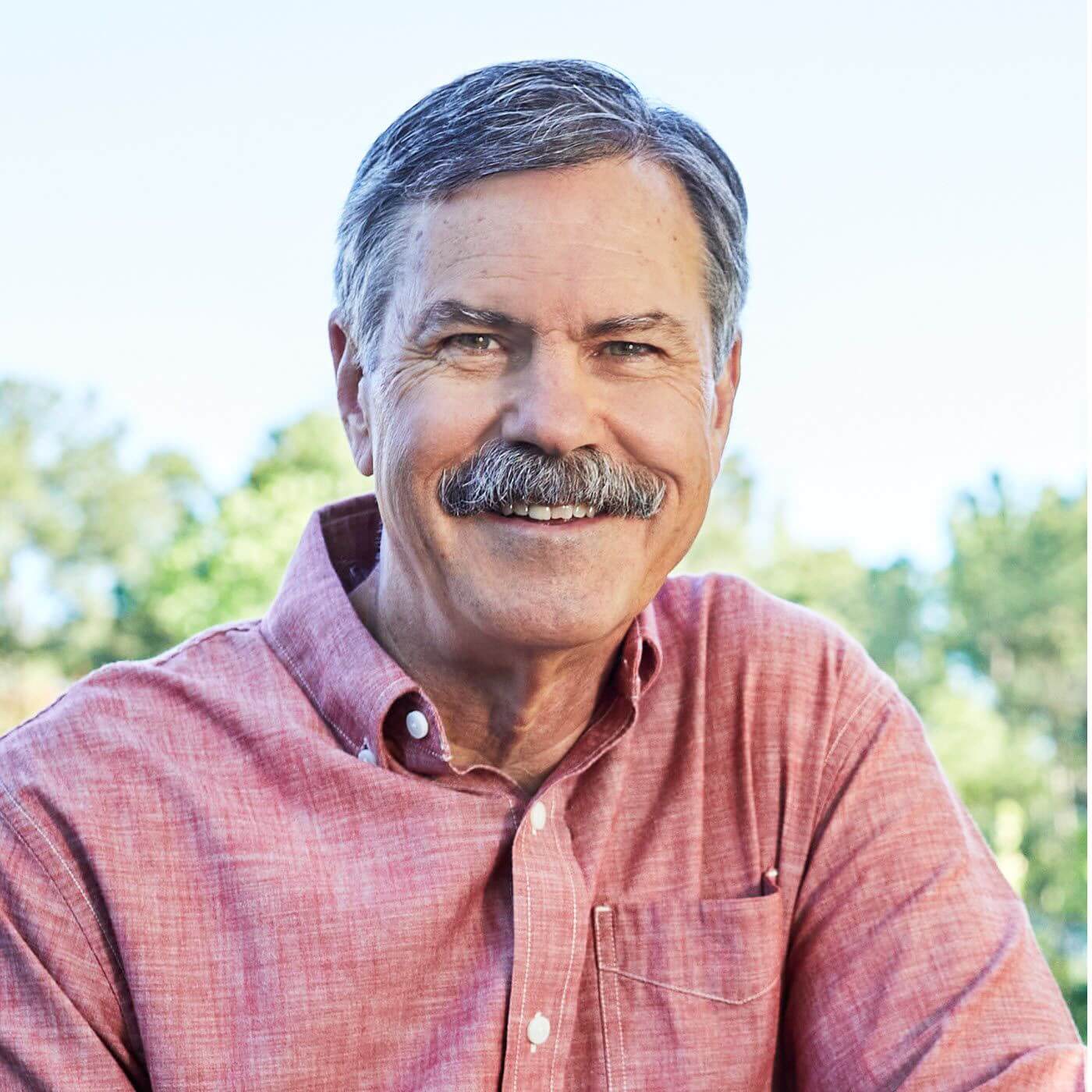

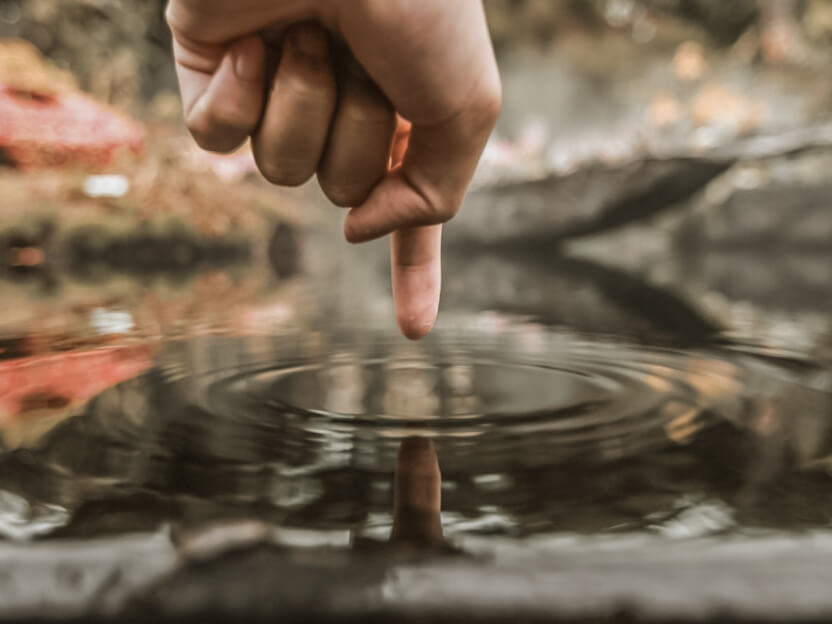


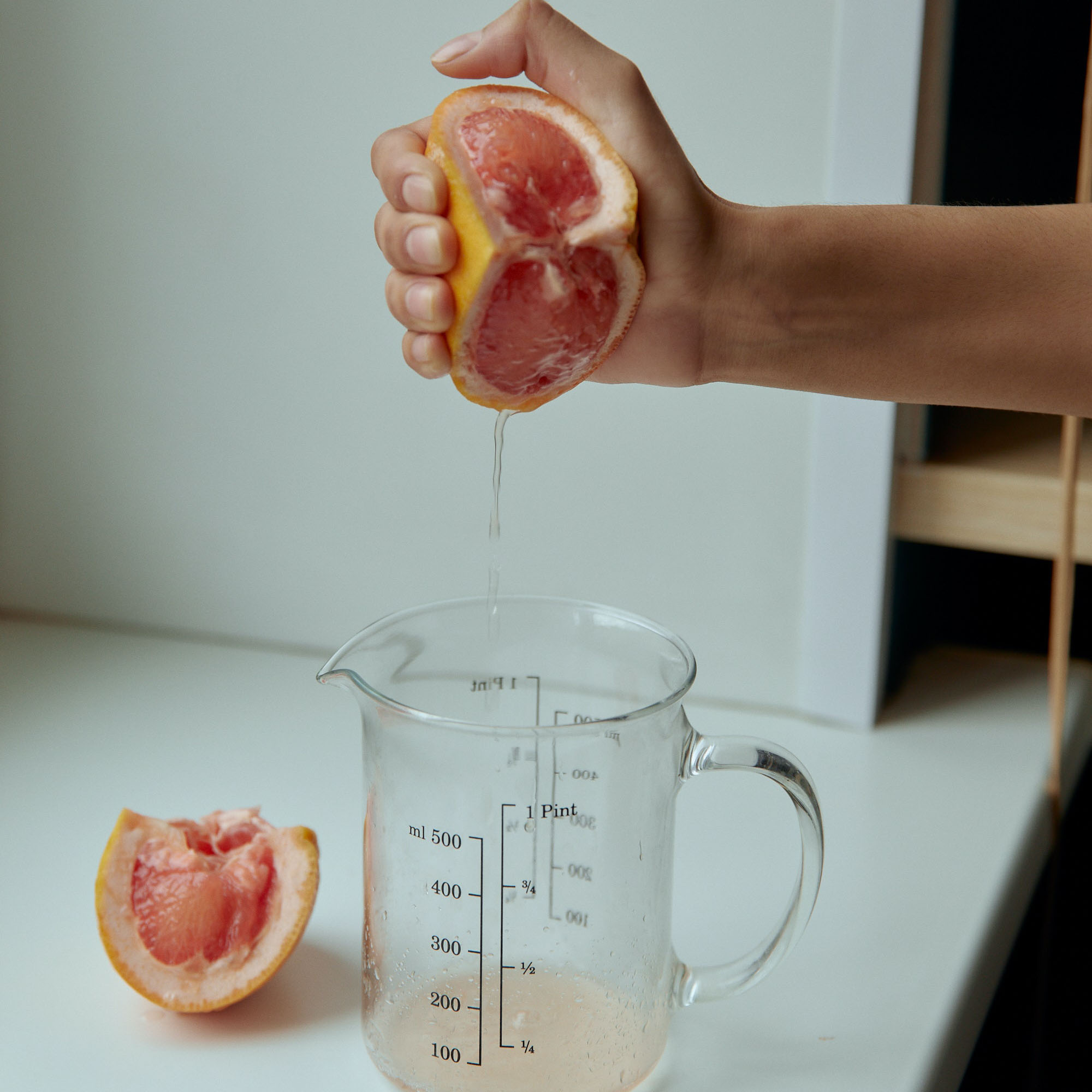
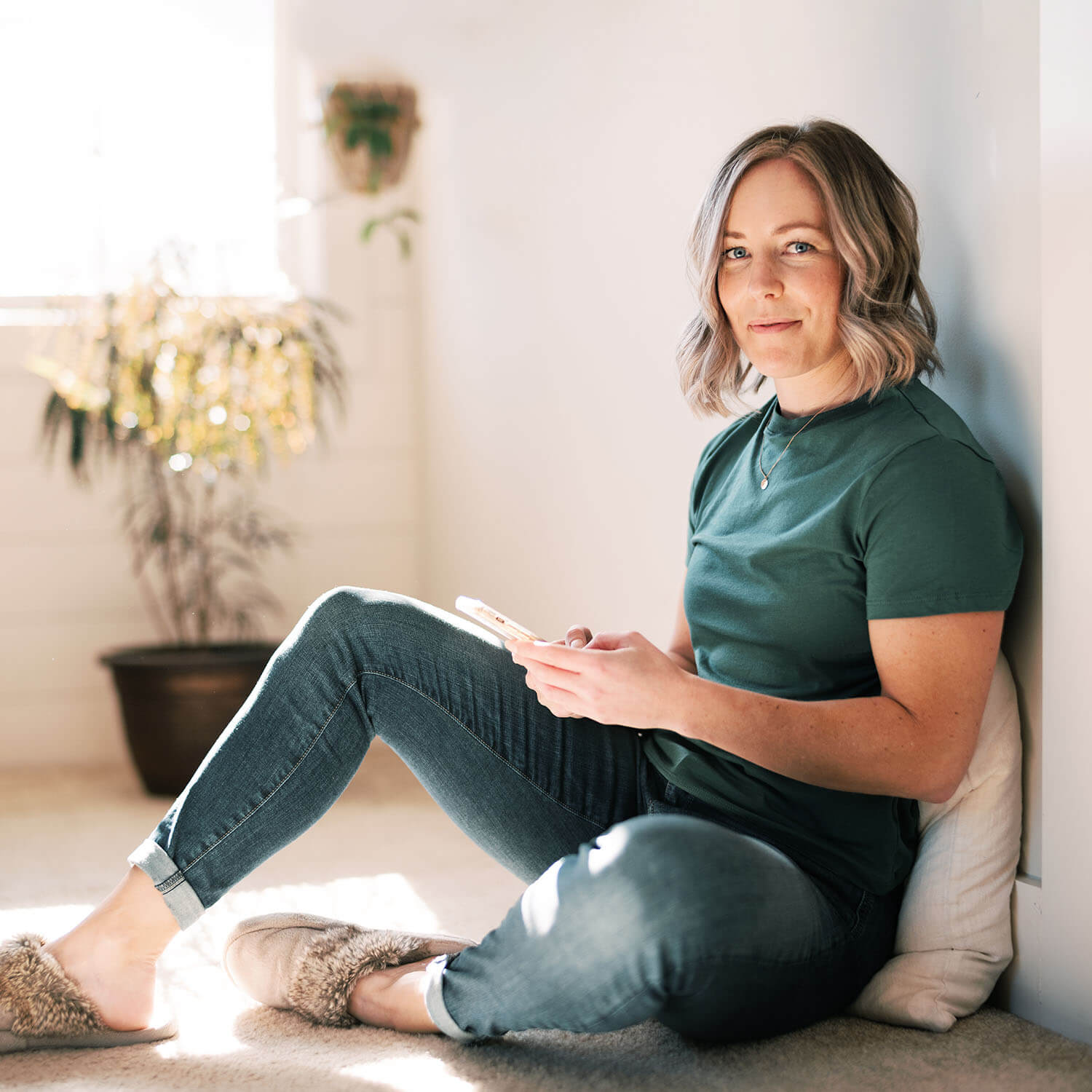

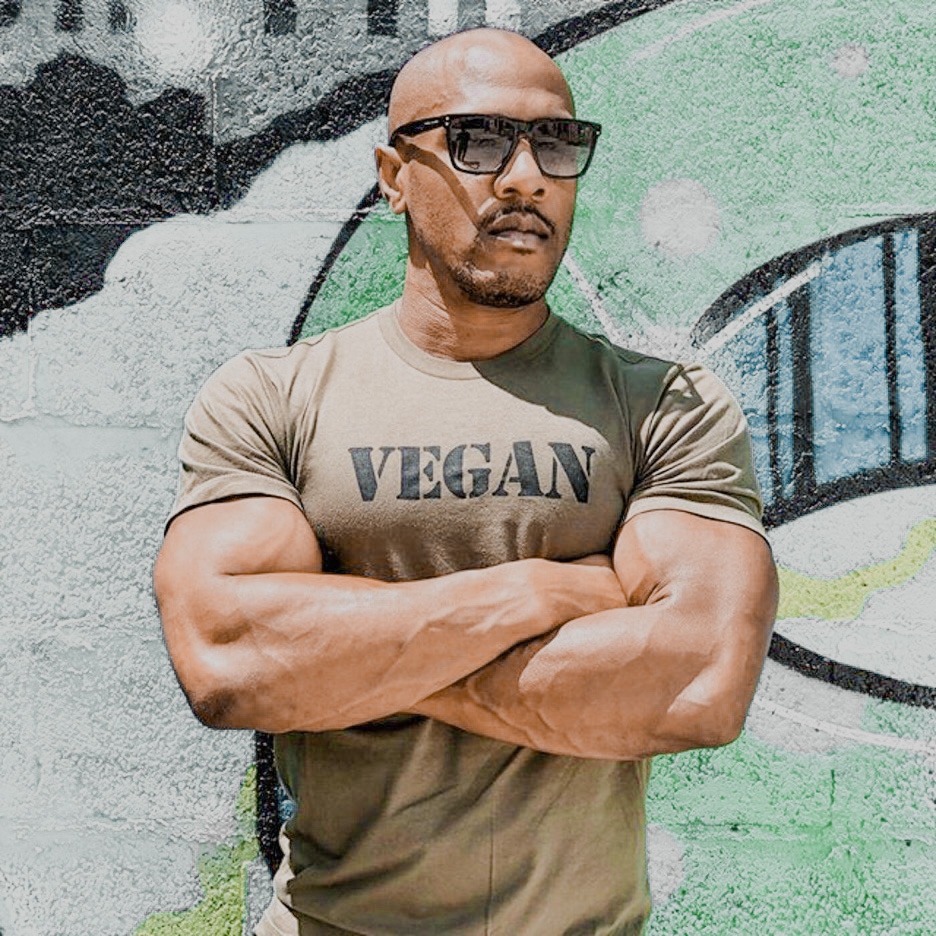

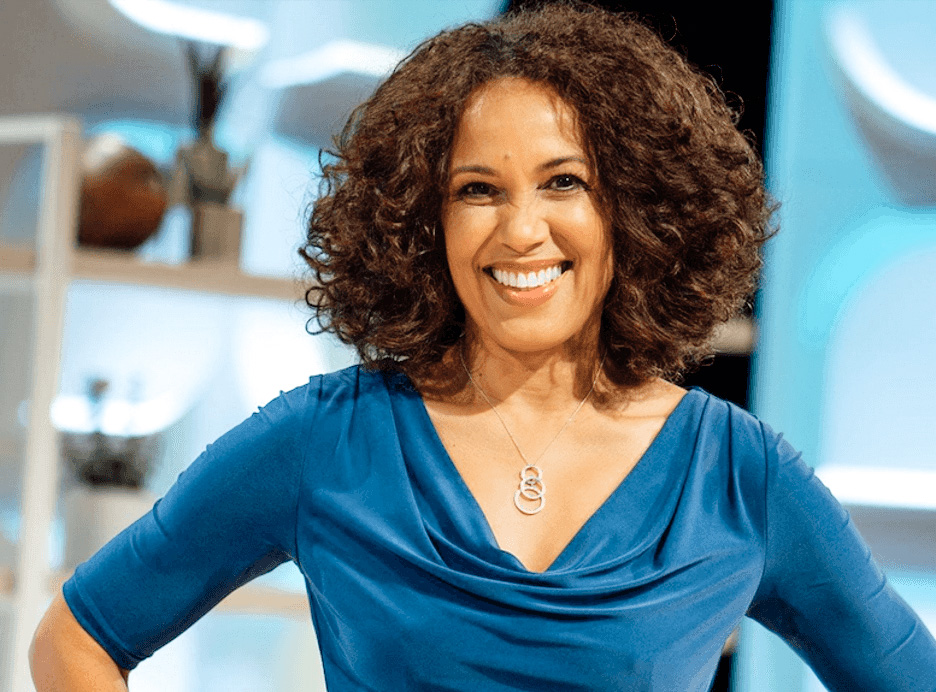
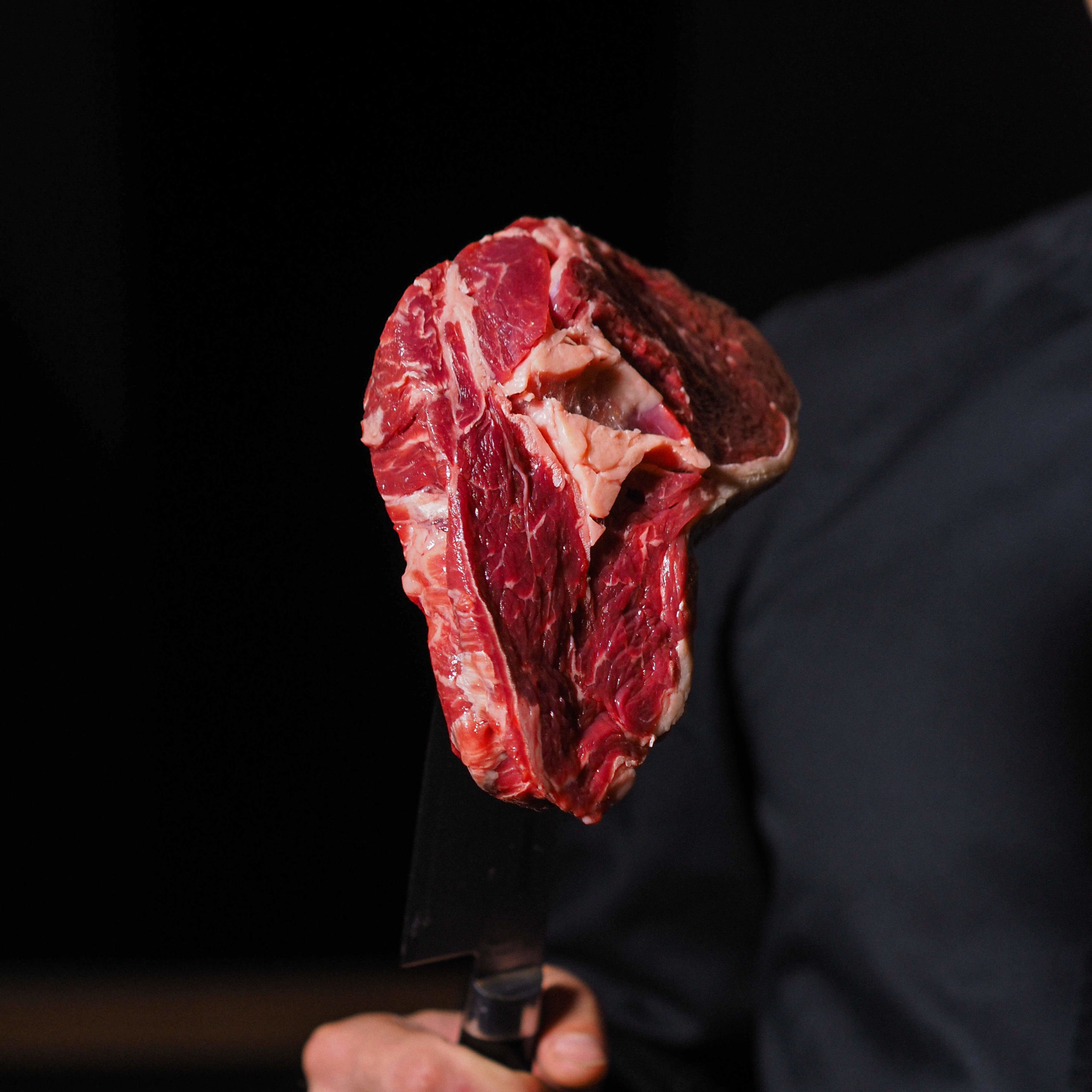

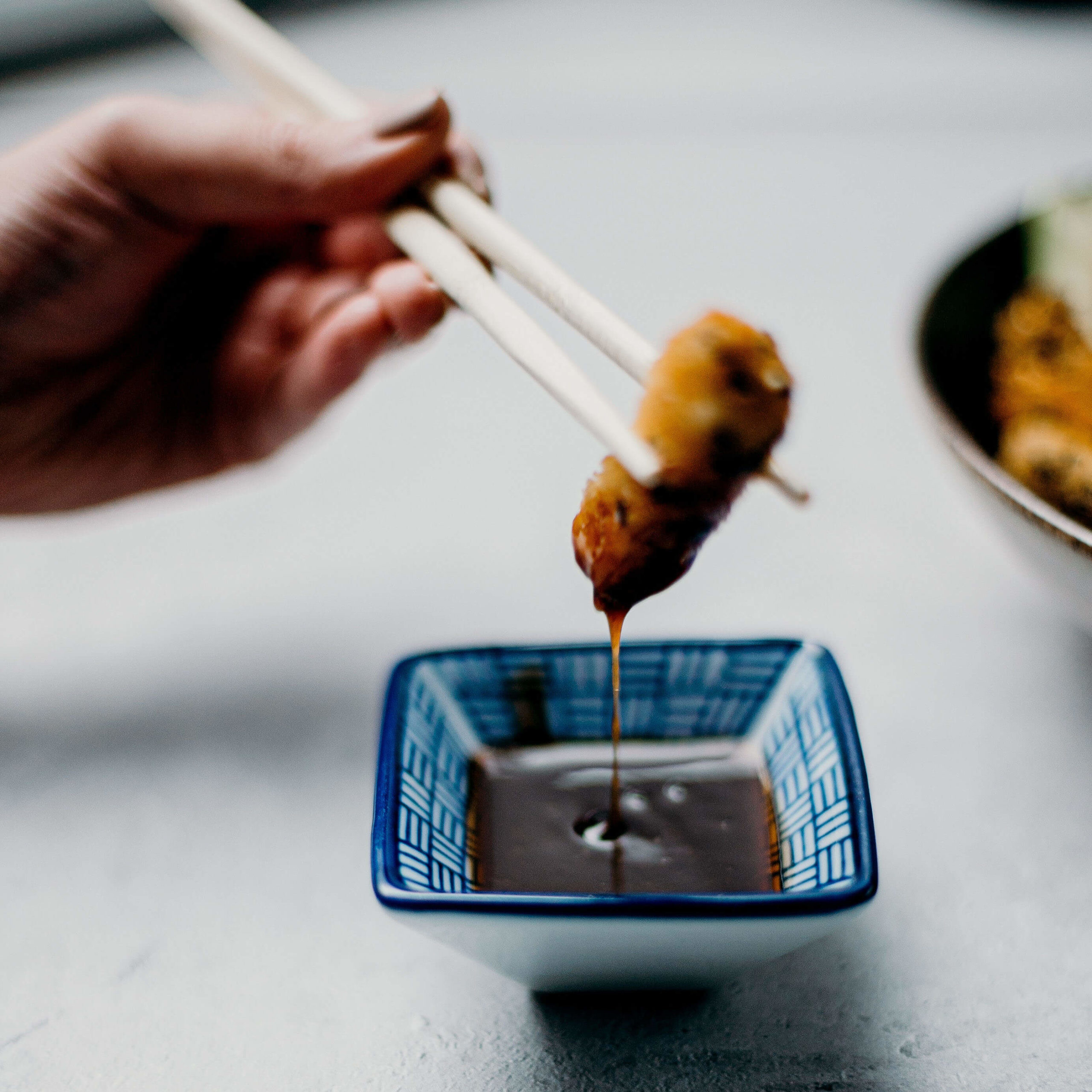

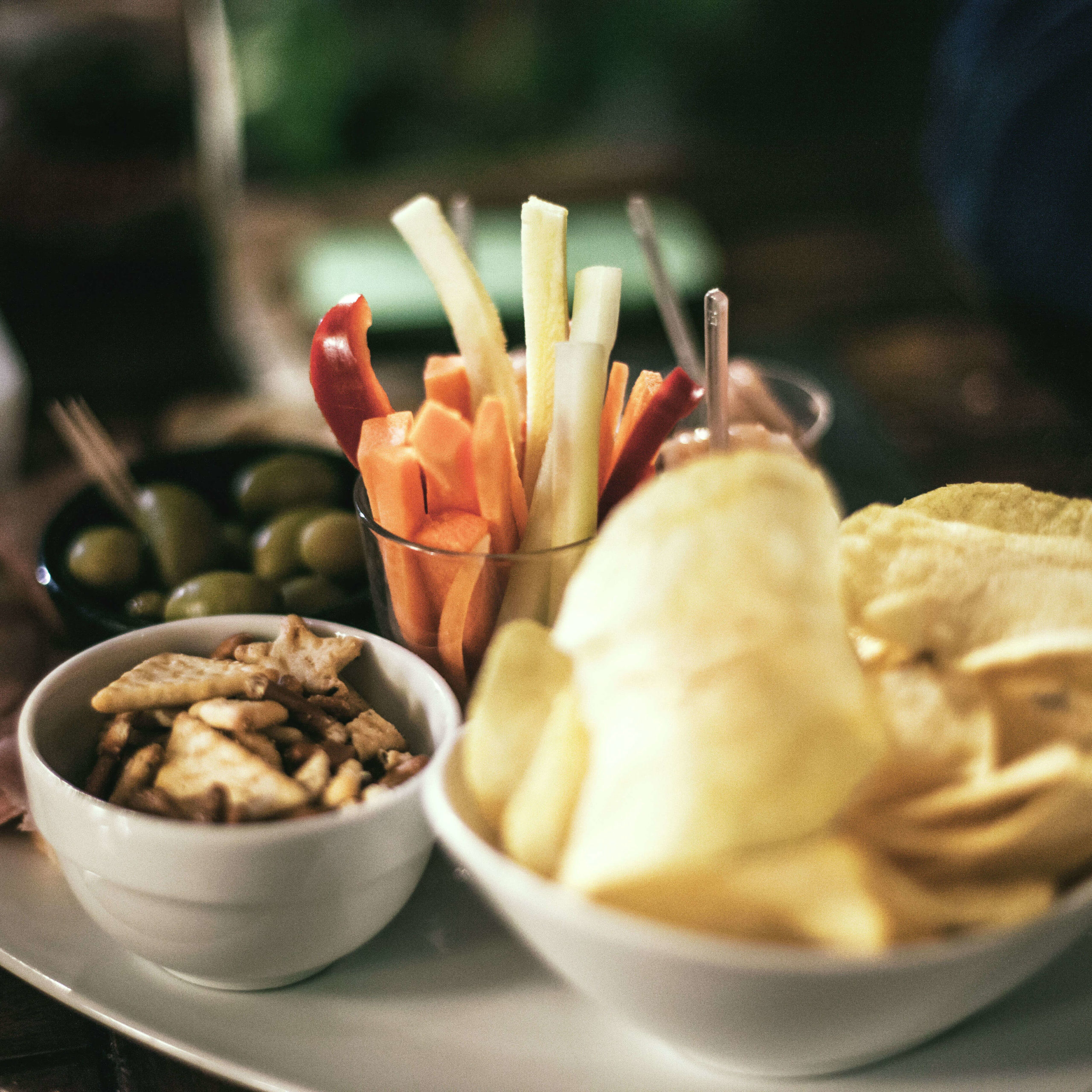
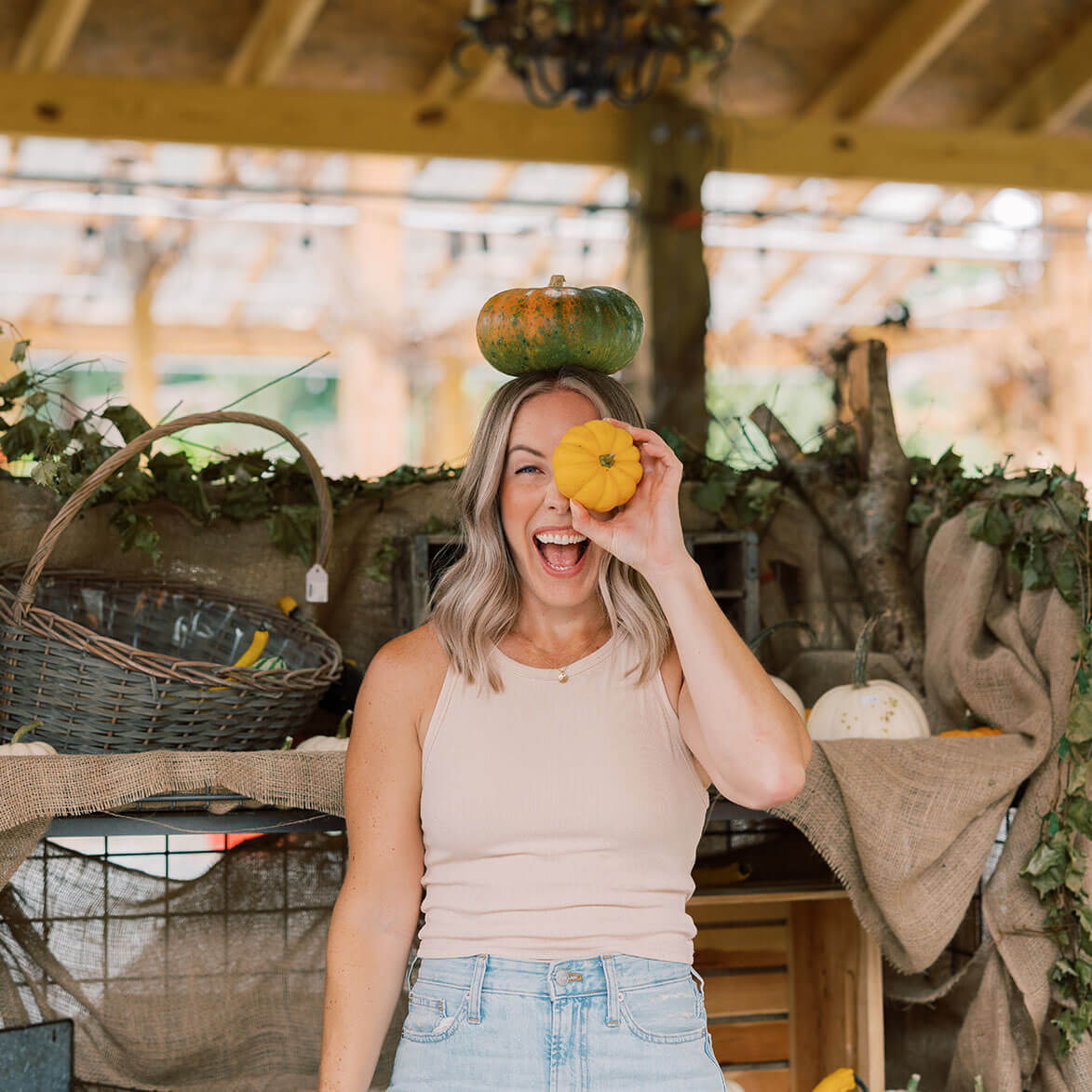
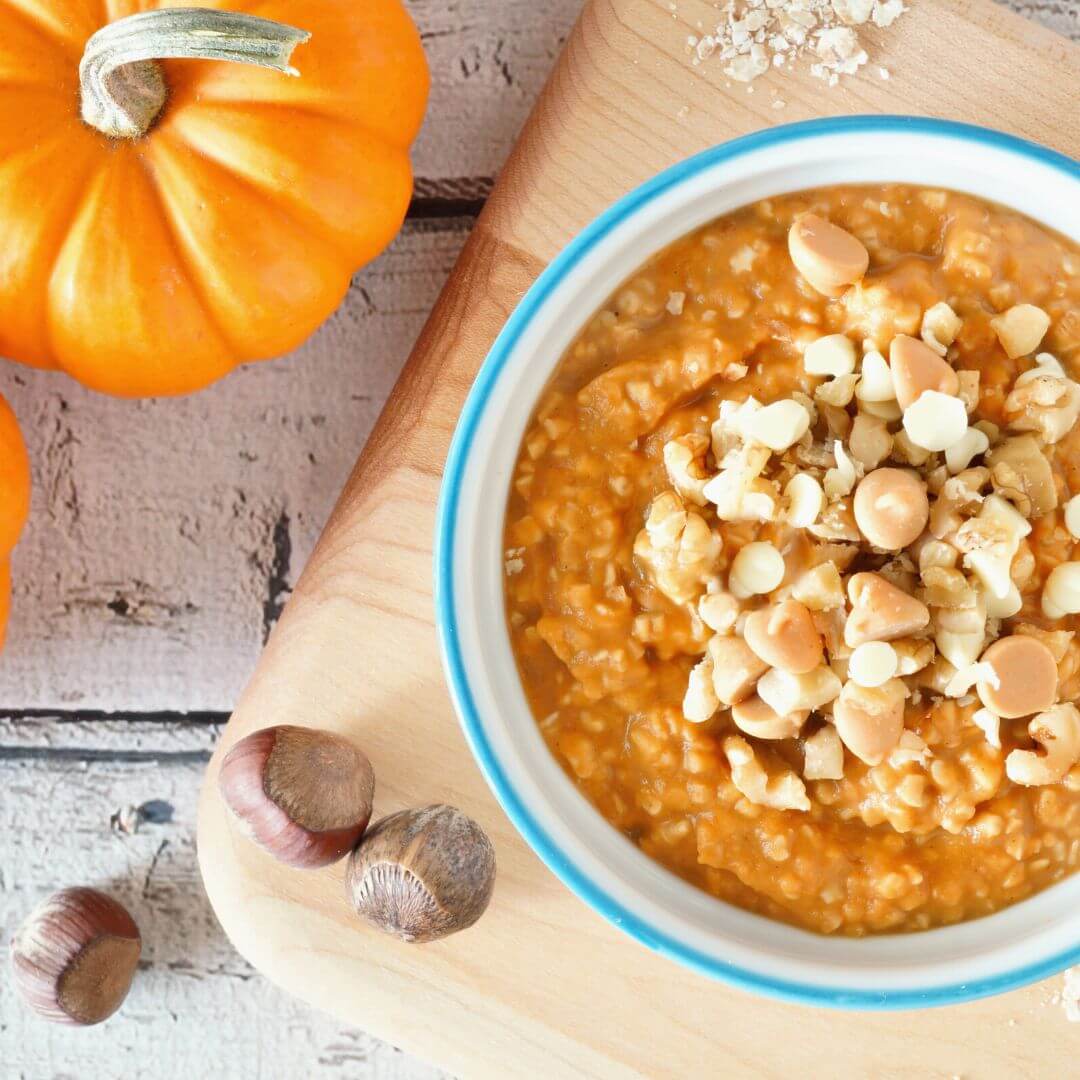
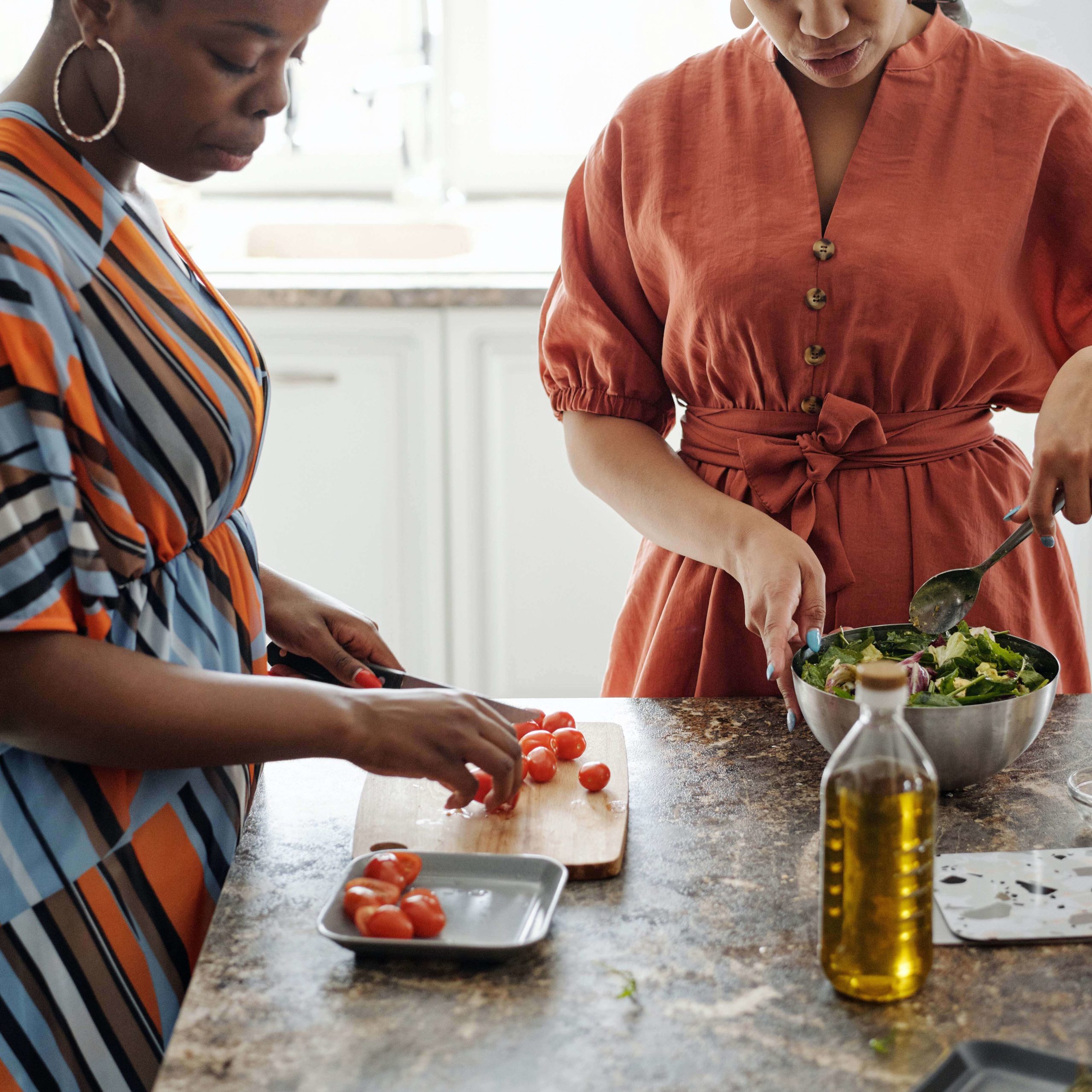
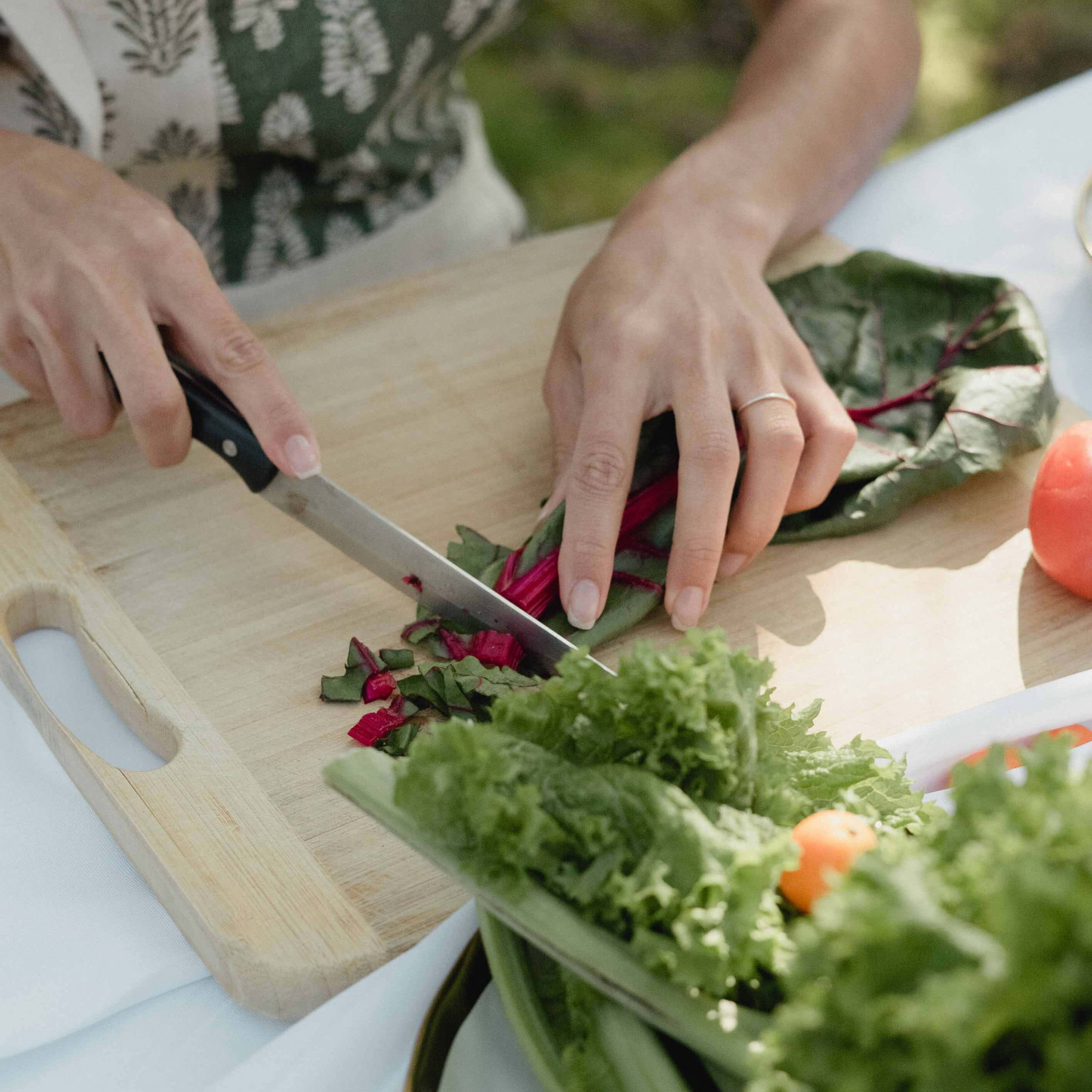

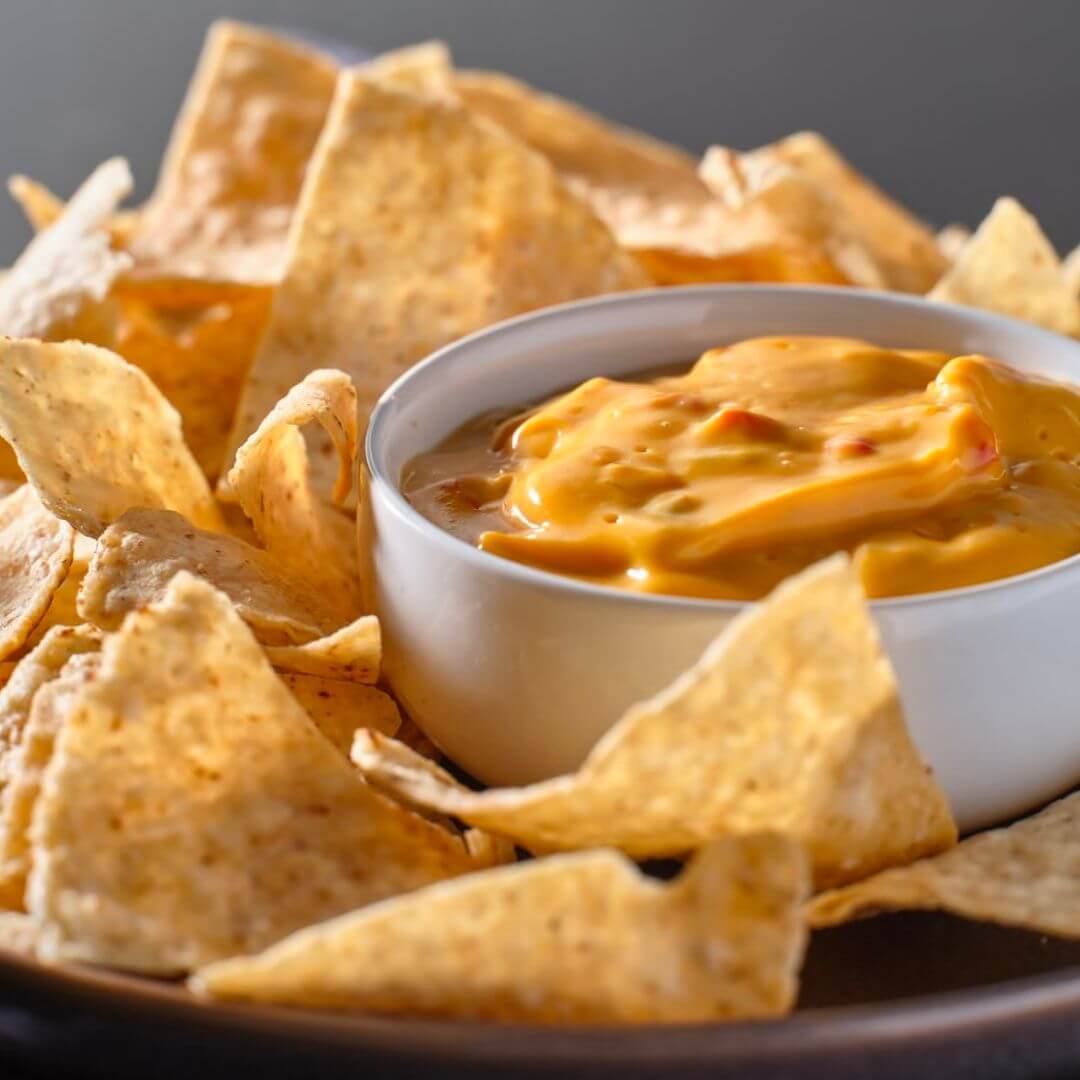
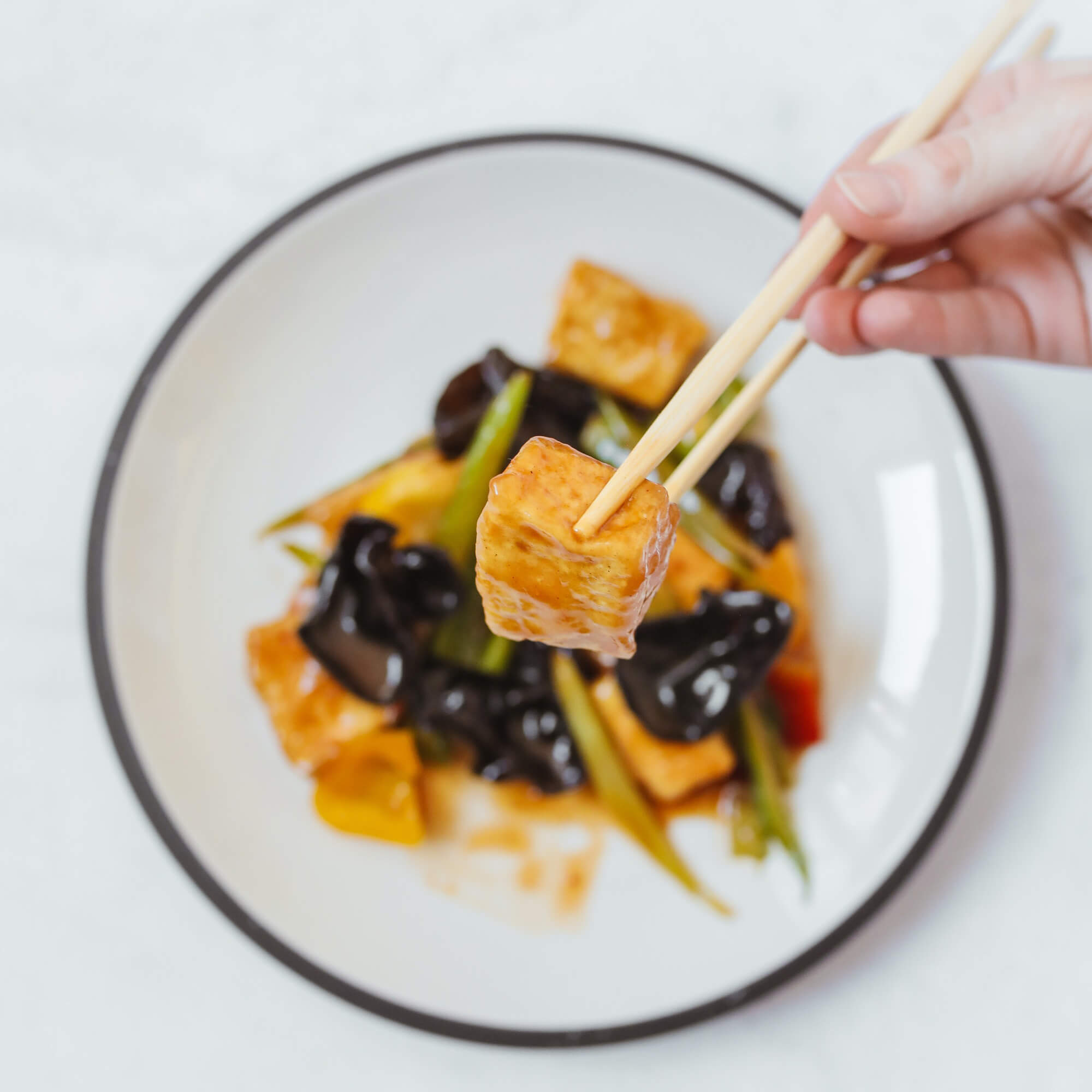
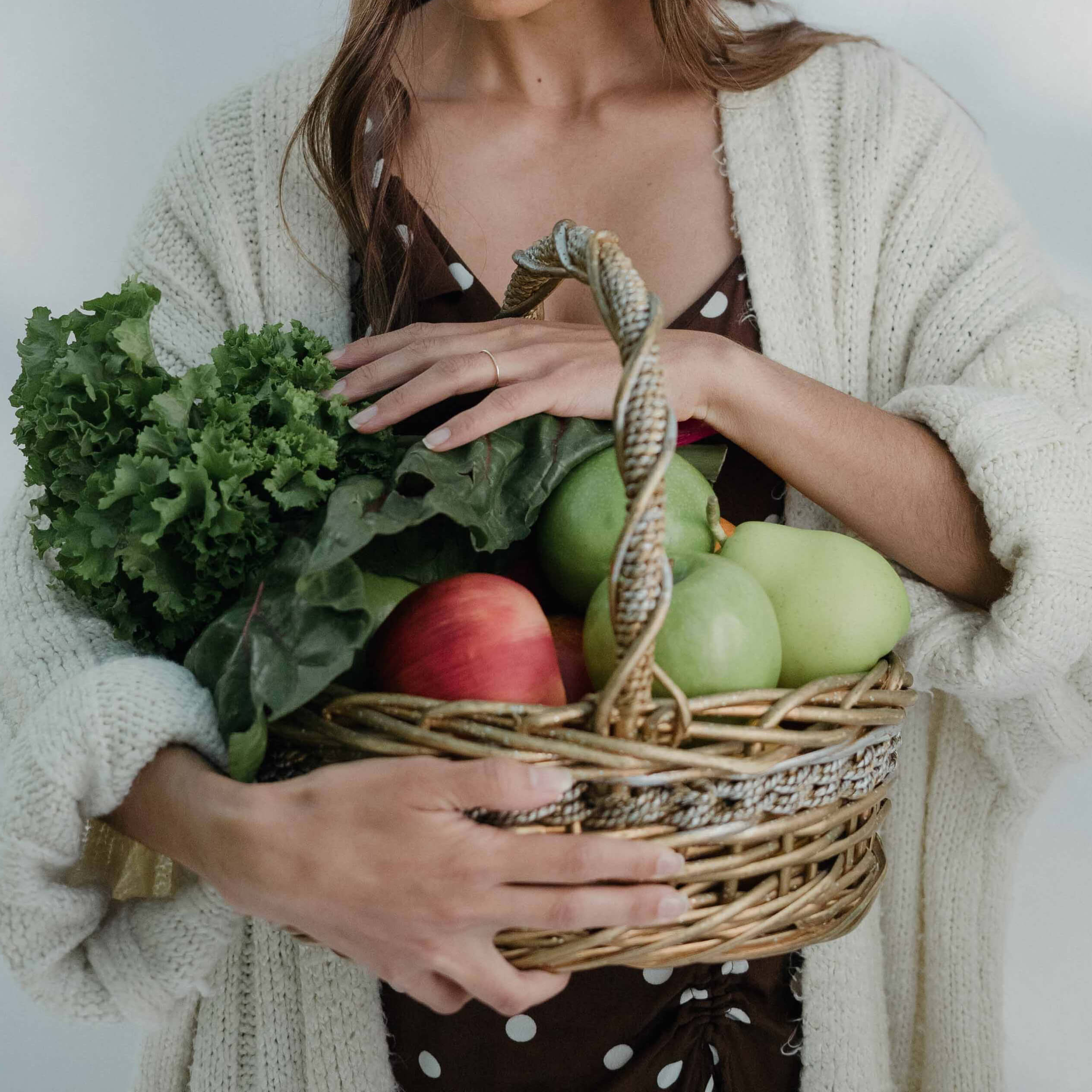

share
click to LEAVE A COMMENT